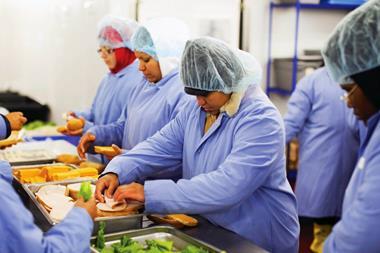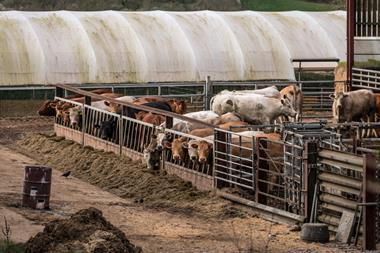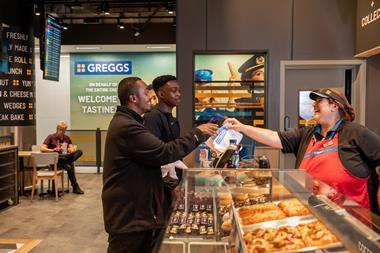
A task force lead by Justin King, the former Sainsbury’s chief executive, has called for food businesses and universities to work in harmony to develop a stronger food sector.
The task force, which also included Chris Brown, Asda director of sustainable business and Judith Batchelar, Sainsbury’s brand director, also urged government to produce a UK-wide plan for the education, skills and innovation needs of the food economy.
Their calls are part of a report released today by the National Centre for Universities and Business which made six recommendations to improve the relationship between food firms and universities. They include appointing a UK minister to take the lead on the food economy and creating a portal for food businesses looking to grow their relationships with universities.
The ‘Leading Food 4.0’ report also criticised the UK’s food industry for being too fragmented “with a long value and supply chain,” and for lacking “the unified voice with which to address government, research funders, universities and the education system that other sectors have developed”.
It also claimed few universities had a clear sense of the research, innovation and educational needs of the food economy, and that the sector “fails to present a coherent, consistent and visible message to school children, their parents and their teachers”.
“Improved innovation, leadership, entrepreneurship and talent for the food sector are fundamental to the UK’s economic success, not only today but in the very different future of what we call: Food 4.0,” the report stated.
“Food 1.0 was simple cultivation; food 2.0 was built on mechanisation and manufacturing; and 3.0 was the product of advanced technology, processing, and genetics. In Food 4.0, nine billion people around the world must be fed safely, sustainably, affordably, and securely.
“The UK’s food sector wants to be a leader in this new world. To lead, firms must benefit from highly talented graduates as well as from world class science and inventiveness,” it added.
Speaking on BBC Radio 4’s Today programme about the report, King said: “It’s a huge part of our economy and doesn’t get the recognition it deserves in government, and because of that we’re not investing in its future.
”One in seven jobs in the UK are in the food economy but the government chooses to take a very narrow view - just about one tenth of the food economy - by focusing on agri-tech.
I think if you look at the whole food economy, we’re really not working in a unified way in things that require co-operation rather than competition and in particular the way the food industry works with the university sector, the research sector, both encouraging investment in research on the food supply chain, but also it is an outlet for some of our very talented people. Very few people see the food sector as somewhere they are going to go and work, and I think that is a real loss to our economy,” he added.



















No comments yet